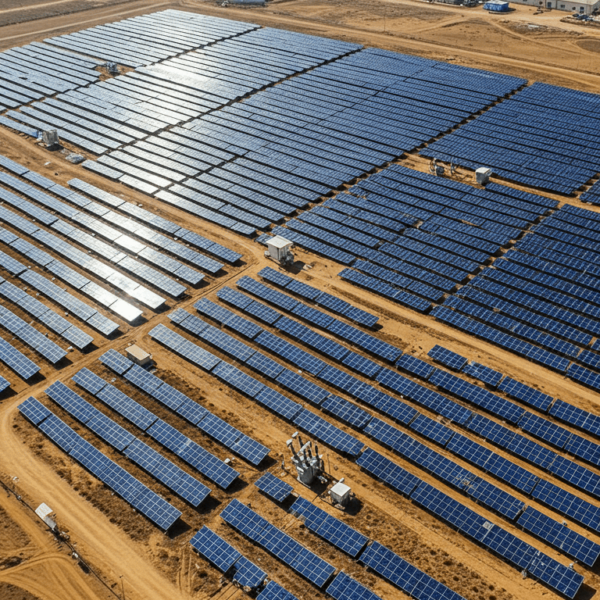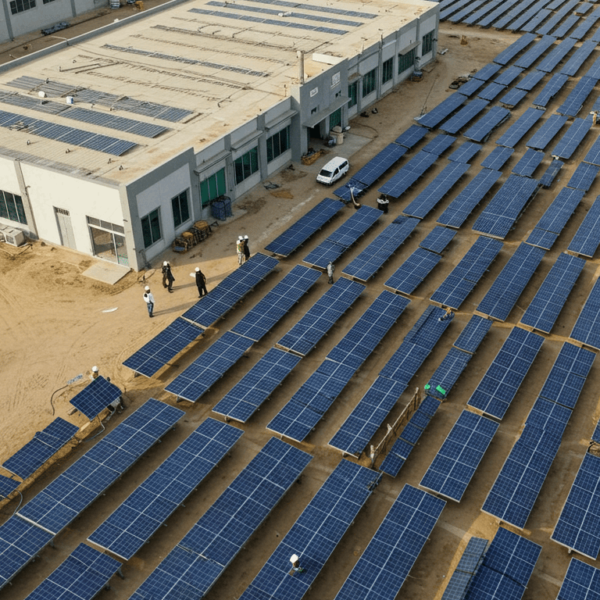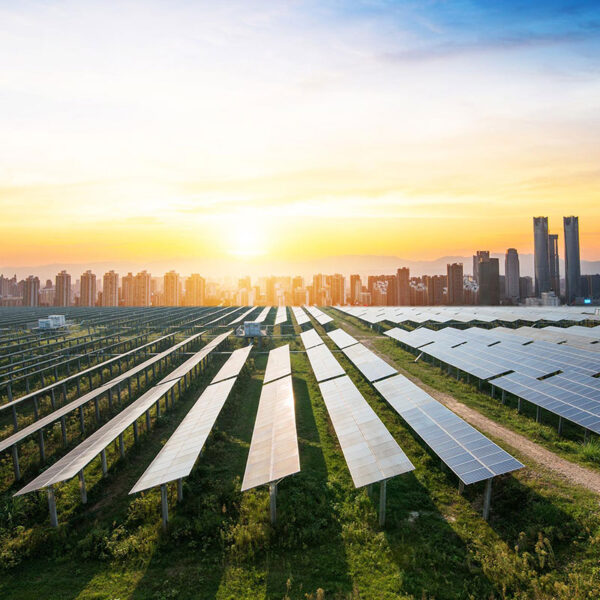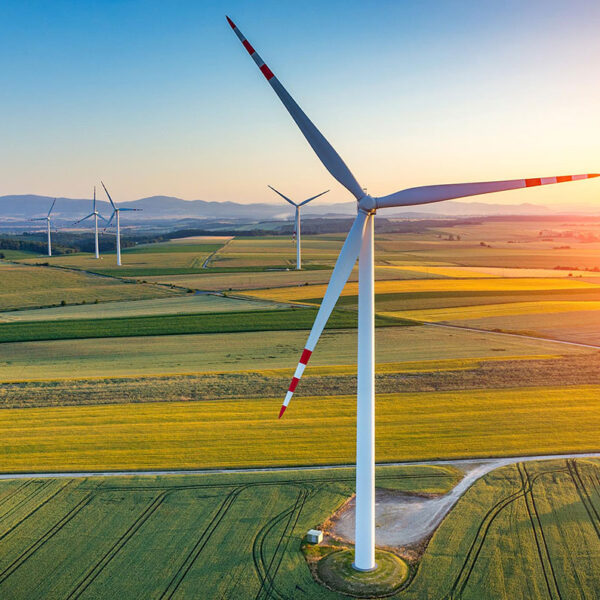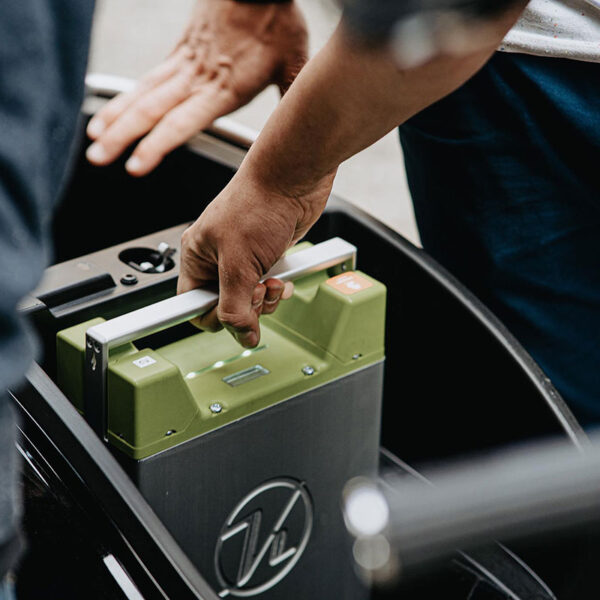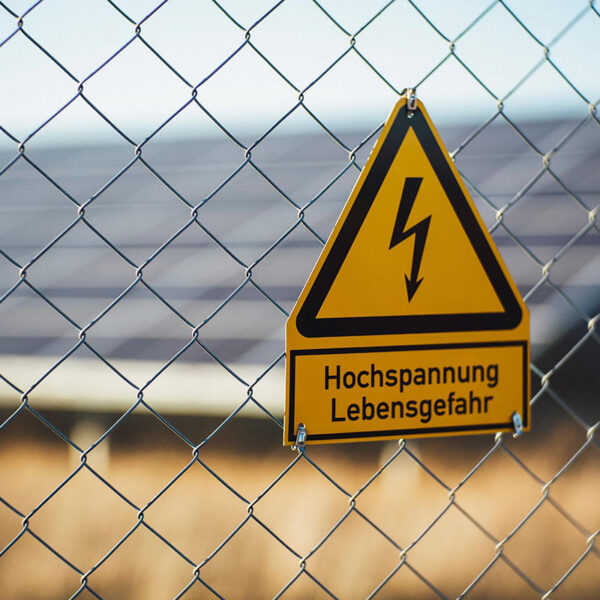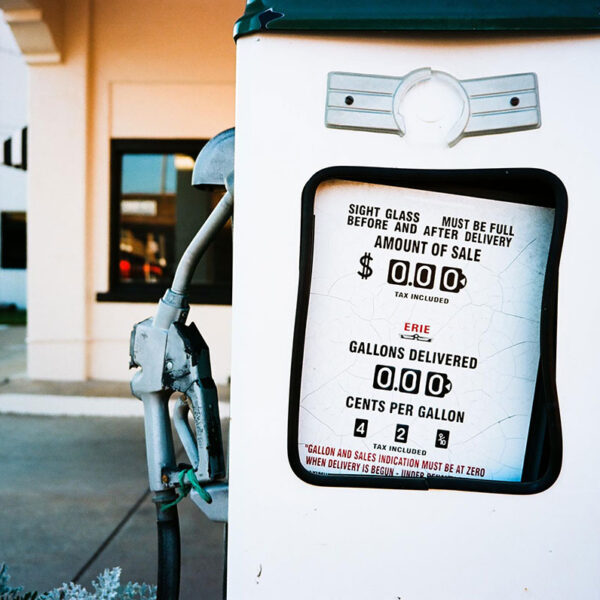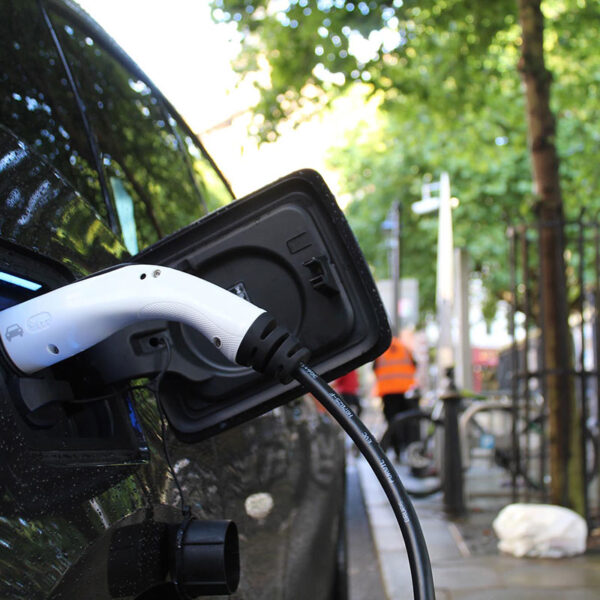Industrial Solar Panel Installation
Transforming Industrial Energy with Solar Power.
Our Location
Powering Industries in Pakistan with Clean, Reliable Energy
As energy prices continue to rise and Pakistan faces increasing energy demands, industrial businesses need dependable and cost-effective energy solutions. Our industrial solar systems offer a sustainable alternative, ensuring a stable, long-term energy source while helping businesses reduce operational costs. With the growing need for environmentally friendly solutions, solar energy is an ideal choice to drive industries forward in Pakistan's quest for energy independence and sustainability.
Sustainable Solar Energy for Pakistani Industries
With a mix of company-owned and contractor assets, we maintain full control over our operations while extending our services to over 96% of industrial zones across Pakistan. With decades of experience in the solar energy sector, we have become a trusted provider of industrial solar solutions for businesses of all sizes and industries.
Our solar systems cover all provinces and regions, offering dependable solutions even in remote industrial areas where other energy providers may be limited. From Punjab and Sindh to Balochistan, Khyber Pakhtunkhwa, and Gilgit-Baltistan, our services reach far and wide, ensuring sustainable and cost-effective energy for industries in every corner of the country.
We take pride in delivering Pakistan’s most advanced solar energy solutions. Our team of experts, using the latest solar technologies and energy management software, combined with years of hands-on experience, guarantees that all solar installations are completed efficiently, safely, and with long-term reliability—helping businesses reduce energy costs while contributing to a cleaner, greener future for Pakistan.
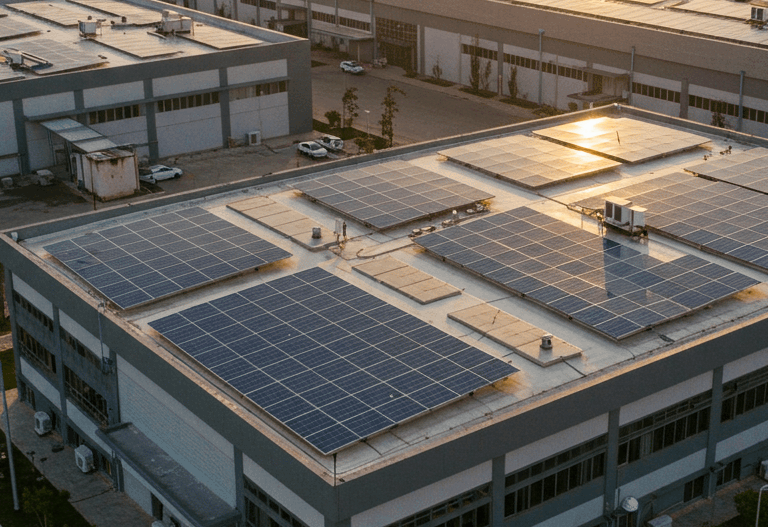
Our Process In Few Steps

Step One:
Initial Consultation and Site Assessment
To start an industrial solar project, the first step is the initial consultation and site assessment. This involves meeting with the client to understand their energy goals, followed by a site visit to assess the roof space, shading, and energy consumption. Local regulations and potential incentives are also reviewed to ensure the project’s feasibility.

Step Two:
System Design and Proposal
The second step is system design and proposal creation. Based on the site assessment, a customized solar system is designed to meet the client's energy needs. A detailed proposal, including system specifications, cost estimates, and expected ROI, is then prepared and presented to the client for approval.
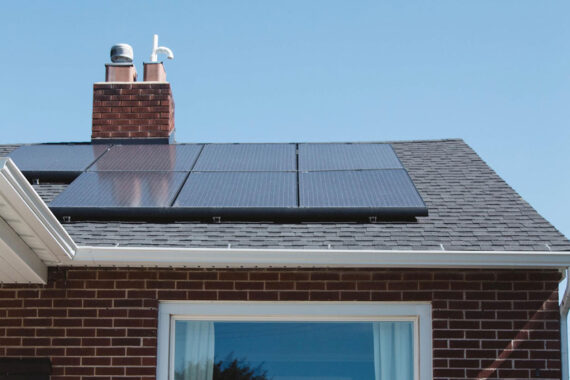
Step Three:
Project Contract Signing and Documentation
Once the proposal is approved, the next step is signing the project contract and completing the documentation. The contract formalizes the agreement, outlining the scope, timelines, payment terms, and responsibilities. Necessary permits and regulatory documentation are then prepared and submitted to relevant authorities to ensure compliance and a smooth project approval process.
How it Works ?
Initial Consultation and Site Assessment: The project begins with a consultation to understand the client's energy needs, followed by a site visit to evaluate feasibility, energy consumption, and local regulations.
System Design and Proposal: Based on the assessment, a customized solar system is designed, and a proposal outlining costs, system specifications, and ROI is presented to the client for approval.
Project Contract Signing and Documentation: The contract is signed to formalize the agreement, detailing scope, timelines, and payment terms. Necessary permits and regulatory documents are prepared and submitted.
Procurement of Equipment: After contract approval, the required solar equipment is procured, ensuring quality and efficiency based on the system design.
Installation of Solar Panels and Equipment: Solar panels and inverters are installed, and the system is connected to the building’s electrical infrastructure. Batteries (if included) are also installed.
System Testing and Commissioning: The system is tested to ensure it operates efficiently, and any adjustments are made for optimal performance.
System Monitoring and Maintenance Setup: A monitoring system is installed, and the client is trained to track performance and maintain the system. Ongoing maintenance services are offered.
Project Handover: The project is handed over to the client, complete with system manuals, warranties, and maintenance guidelines.
Ongoing Support: Post-installation support is provided to ensure the system continues to perform optimally, with maintenance and troubleshooting available as needed.
This process ensures a smooth and efficient solar installation, providing the client with long-term energy savings and sustainability.

Why Us!
We recently completed a 4MW solar installation at Al Ithaad Steel Mill in Faisalabad, demonstrating our expertise in handling large-scale projects. With a professional team of 50+ members, we manage all licenses and documentation, ensuring smooth execution. We focus on delivering high ROI through the latest solar technology, making us the ideal partner for heavy industrial solar projects
Save Your Money
Save money on utilities or increase the value of your home by installing solar
Consult & Planning
Our remote industrial solar systems are designed to reliably power our clients
Your Factory Is Energy
Everyday the sun provides us with abundance of free energy by placing solar
Key Benifits
The savings vary depending on the size of the installation and the business's energy consumption. On average, an industrial solar system can reduce electricity costs by up to 30-50%, with potential for even higher savings as energy prices rise. The ROI typically occurs within 4-6 years, depending on the system size and energy usage.
Industrial solar systems are low-maintenance, but periodic inspections and cleaning are recommended to maintain optimal performance. Annual maintenance includes checking the panels, inverters, and electrical systems. Additionally, we provide remote monitoring to track system performance in real-time, ensuring any issues are identified early.
Solar systems are designed to function efficiently even in various weather conditions, though their performance is optimal in direct sunlight. We perform a shading analysis during the site assessment to ensure panels are installed in locations with minimal shading. Advanced technologies, such as microinverters, are also used to reduce the impact of shading on performance.
Latest Projects
Quick Contact
If you have any questions or need help, feel free to contact with our team.
Office # 1-2, Mazzanine Floor, Falcon Arcade, Phase 07 Bahria Town, Rawalpindi, 46220
©2025 AES, All Rights Reserved. With Love by BheemSoft.

